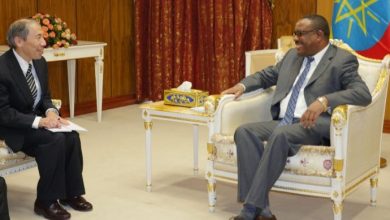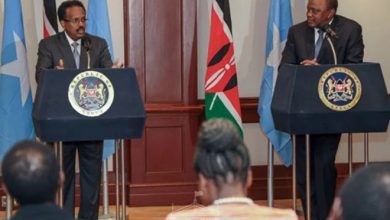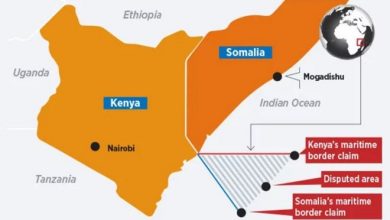Djibouti rejects court ruling over Doraleh terminal
DJIBOUTI has rejected a London Court of International Arbitration ruling that DP World should be handed back control of Doraleh Container Terminal following the premature truncation of an operating concession, and says that it is only prepared to offer compensation instead.
DJIBOUTI has rejected a London Court of International Arbitration ruling that DP World should be handed back control of Doraleh Container Terminal following the premature truncation of an operating concession, and says that it is only prepared to offer compensation instead.
The government’s stance leaves the matter effectively in deadlock, as the LCIA is not a court within the usual meaning of the term, and its decisions are extremely difficult to enforce if state parties are unwilling to abide by them.
DP World, which built the port and ran it for more than a decade from 2006, estimates its losses at more than $1bn. But Djibouti alleges both poor performance and irregularities in the original agreement in justifying its stance.
The LCIA has determined that Djibouti broke the law when it took control of the port and transferred assets to a state-run company in February 2018, and that the concession should be restored within two months.
“This ruling comes as no surprise,” Djibouti said in a statement released today. “It is merely the outcome of the iniquitous provisions of the concession, which could force a sovereign state to set aside and disregard its own national law, in order to revive a concession that was terminated on the grounds of the higher interest of the Djiboutian nation, and for the exclusive benefit of a foreign-owned company.”
The Republic of Djibouti did not take part in the arbitration and cannot accept such a ruling under any circumstances, it said.
International law allows sovereign states to terminate any contract for reasons of higher national interest subject to the payment of fair compensation, the statement also contends.
“As the Republic of Djibouti has consistently indicated since the termination of the concession, the only possible outcome is allocation of fair compensation in accordance with international law.
“The state of Djibouti remains, as it has done so from the outset of this process, willing to negotiate the terms of a mutually satisfactory solution, but cannot accept arbitrary ‘convictions’ that disregard the interests of the country and so-called ‘independent’ expertise that can in no way serve as a financial ‘basis’ for an agreement between the parties.”
The LCIA is a London-based international institution, founded in 1892, but not part of the English judicial system. In that respect, the ‘court’ element of its name is a misnomer.
In most instances, countries are able to enforce decisions through the Convention on the Recognition and Enforcement of Foreign Arbitral Awards 1958, commonly known as the New York Convention.
But while arbitration under London Maritime Arbitrators Association auspices can be appealed to the High Court, the LCIA only allows appeal on matters of jurisdiction or serious procedural issues, not on points of law.
Following the termination of the Doraleh concession, Djibouti has since opened a Chinese-backed $3.5bn free trade zone, in which China Merchants Group and Dalian Port Authority have an interest.
DP World subsequently sued China Merchants Port Holdings, accusing it of encouraging Djibouti’s government to breach the 2006 deal by backing rival ports.





